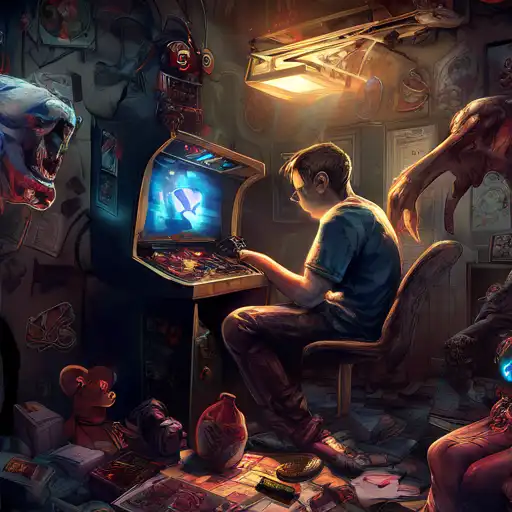Introduction to Gaming Addiction
Gaming addiction, a growing concern in the digital age, is a form of psychological dependency that affects individuals across various age groups. This article delves into the psychological underpinnings of gaming addiction, exploring why and how it captivates the human mind.
The Psychological Appeal of Gaming
Games are designed to be engaging, offering rewards, challenges, and a sense of achievement. These elements tap into basic psychological needs, such as the desire for competence, autonomy, and relatedness, making games highly addictive for some individuals.
Reward Systems and Dopamine
The brain's reward system plays a pivotal role in gaming addiction. Completing tasks and achieving goals in games releases dopamine, a neurotransmitter associated with pleasure and motivation. This biochemical response can lead to compulsive gaming behaviors as players seek to replicate the dopamine rush.
Escape and Coping Mechanism
For many, gaming serves as an escape from real-life stressors or emotional pain. The virtual world offers a controlled environment where individuals can experience success and social connection, often lacking in their personal lives.
Risk Factors for Gaming Addiction
Certain psychological and environmental factors increase the risk of developing a gaming addiction. These include:
- Pre-existing mental health conditions, such as depression or anxiety
- Lack of social support or feelings of isolation
- Personality traits, such as impulsivity or high neuroticism
Preventing and Addressing Gaming Addiction
Understanding the psychological triggers of gaming addiction is the first step toward prevention and recovery. Strategies include setting healthy gaming limits, seeking alternative forms of entertainment, and addressing underlying mental health issues with professional help.
Building Healthy Gaming Habits
Creating a balanced approach to gaming can help mitigate the risk of addiction. This involves setting time limits, taking regular breaks, and ensuring gaming does not interfere with daily responsibilities or relationships.
Seeking Professional Help
For those struggling with gaming addiction, cognitive-behavioral therapy (CBT) and other therapeutic interventions can be effective in addressing the root causes of addiction and developing healthier coping mechanisms.
Conclusion
Gaming addiction is a complex psychological issue that stems from the interplay of game design, individual psychology, and environmental factors. By understanding these dynamics, individuals and communities can take proactive steps to prevent addiction and promote healthier gaming practices.
